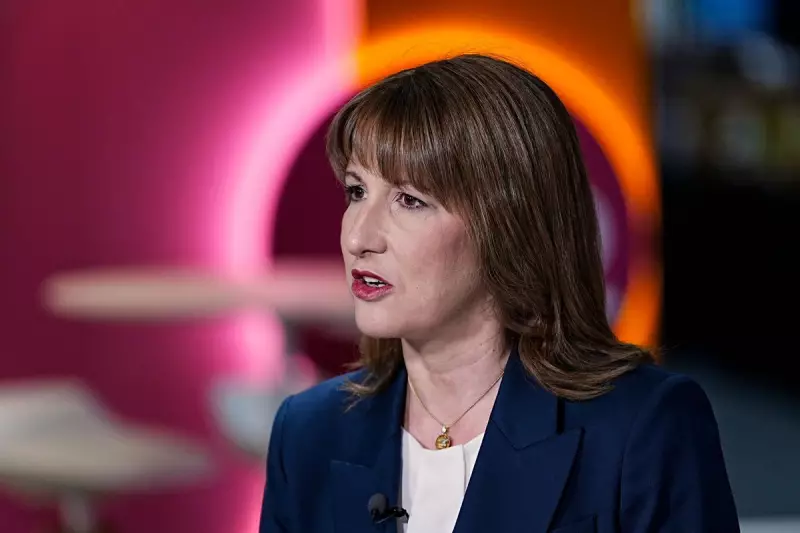
In a major economic announcement that positions Labour as the party of fiscal responsibility, Shadow Chancellor Rachel Reeves has categorically ruled out increases to income tax, national insurance, or VAT under a future Labour government.
The declaration comes as Labour seeks to build economic credibility and distance itself from Conservative claims that the party would resort to tax-and-spend policies. Reeves made her position unequivocally clear during a high-profile speech, stating that working people deserve certainty about their financial futures.
Building Economic Trust
Reeves emphasised that Labour understands the financial pressures facing households across Britain. With the cost of living crisis continuing to squeeze family budgets, the Shadow Chancellor declared that now is not the time to increase the tax burden on working people.
'The tax burden is already at a 70-year high,' Reeves noted, 'and Labour will not add to that burden on working people.' This commitment represents a significant moment in Labour's economic repositioning as the party aims to win the trust of voters concerned about financial stability.
Strategic Positioning
Political analysts see this announcement as a strategic move to counter Conservative attacks and appeal to middle-income voters who may have traditionally been wary of Labour's tax policies. By making this pledge now, Labour hopes to establish clear dividing lines on economic policy well before the next general election.
The commitment covers three major revenue streams:
- Income tax rates for all brackets
- National insurance contributions
- Value Added Tax (VAT)
This triple-lock approach provides comprehensive protection for taxpayers while giving Labour a solid platform from which to criticise any future Conservative tax proposals.
Broader Economic Vision
While ruling out these specific tax increases, Reeves indicated that Labour would pursue alternative methods to fund public services, though she stopped short of detailing what these might be. The announcement forms part of Labour's broader effort to present itself as a government-in-waiting with credible, costed economic plans.
The move has already sparked debate among economic commentators, with some questioning how Labour would fund its ambitious spending plans without increasing these major tax streams. Others have praised the party for providing much-needed certainty during economically volatile times.






